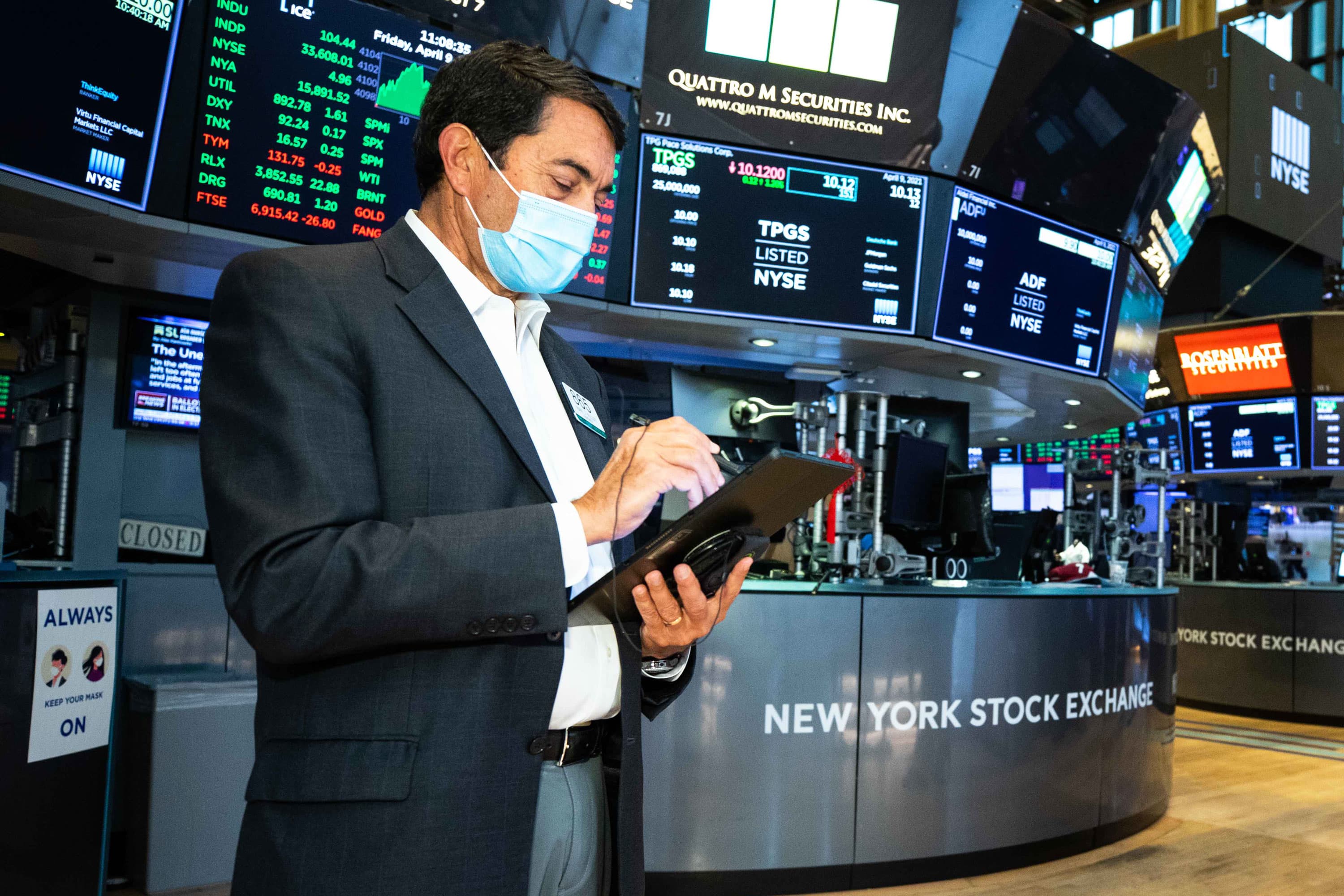10-year Treasury yield drops below 1.4% amid signs of economic growth slowing

Long-term Treasury yields fell on Tuesday amid signs that the economic recovery from the pandemic could be slowing.
While economic growth boomed in the first half of 2021 and is set to keep expanding rapidly the rest of the year, investors digested signals that much of the comeback has already occurred.
The latest numbers showed growth in the service sector of the economy slowed by more than expected in June from a record level the prior month. This follows a tick-up in the unemployment rate on Friday.
“All that seems to be implying that perhaps not only was the inflation transitory, but maybe some of the growth has been transitory,” Kathy Jones, Schwab’s chief fixed income strategist, told CNBC.
The yield on the benchmark 10-year Treasury note fell 7.4 basis points to 1.358% at 10:45 a.m. ET. The yield on the 30-year Treasury bond was 6.9 basis points lower at 1.981%. Yields move inversely to prices. One basis point is 0.01%.
Meanwhile, the shorter end of the yield curve, including rates on 3-month bills and 2-year Treasury notes, were flat as investors still bet on the Federal Reserve to start removing some asset purchases as soon as this year.
The ISM services purchasing managers’ index came in at 60.1% in June, slower than the 63.5% expected. The services PMI last registered a record 64% in May.
Friday’s jobs report showed an increase in unemployment in June. The unemployment rate rose to 5.9%, compared with the Dow Jones estimate of 5.6%.
“[W]e expect a sizable slowdown as reopening concludes and the fiscal impulse turns negative, with spending out of pent-up savings providing only a partial offset,” Goldman Sachs’ Jan Hatzius said in a note released Tuesday.
The Fed is set to release its latest meeting minutes at 2 p.m. ET on Wednesday. Investors will be listening for any further clues from central bank members regarding the direction of monetary policy.
Michael Howell, CEO of Crossborder Capital, told CNBC’s “Squawk Box Europe” on Tuesday that he believed the Fed minutes would give a lot of insight as to where central banks stand on monetary policy.
He pointed out that in the last three months, a “whopping” 85% of all the quantitative easing worldwide had been delivered by the Fed and the European Central Bank alone.
“So the eyes are on the Fed and the eyes are on the ECB and I fail to see how they can continue to inject such vast quantities of liquidity into markets at the pace they’ve been doing,” Howell said, adding that there were already signs that the Fed was “cooling down markedly.”




